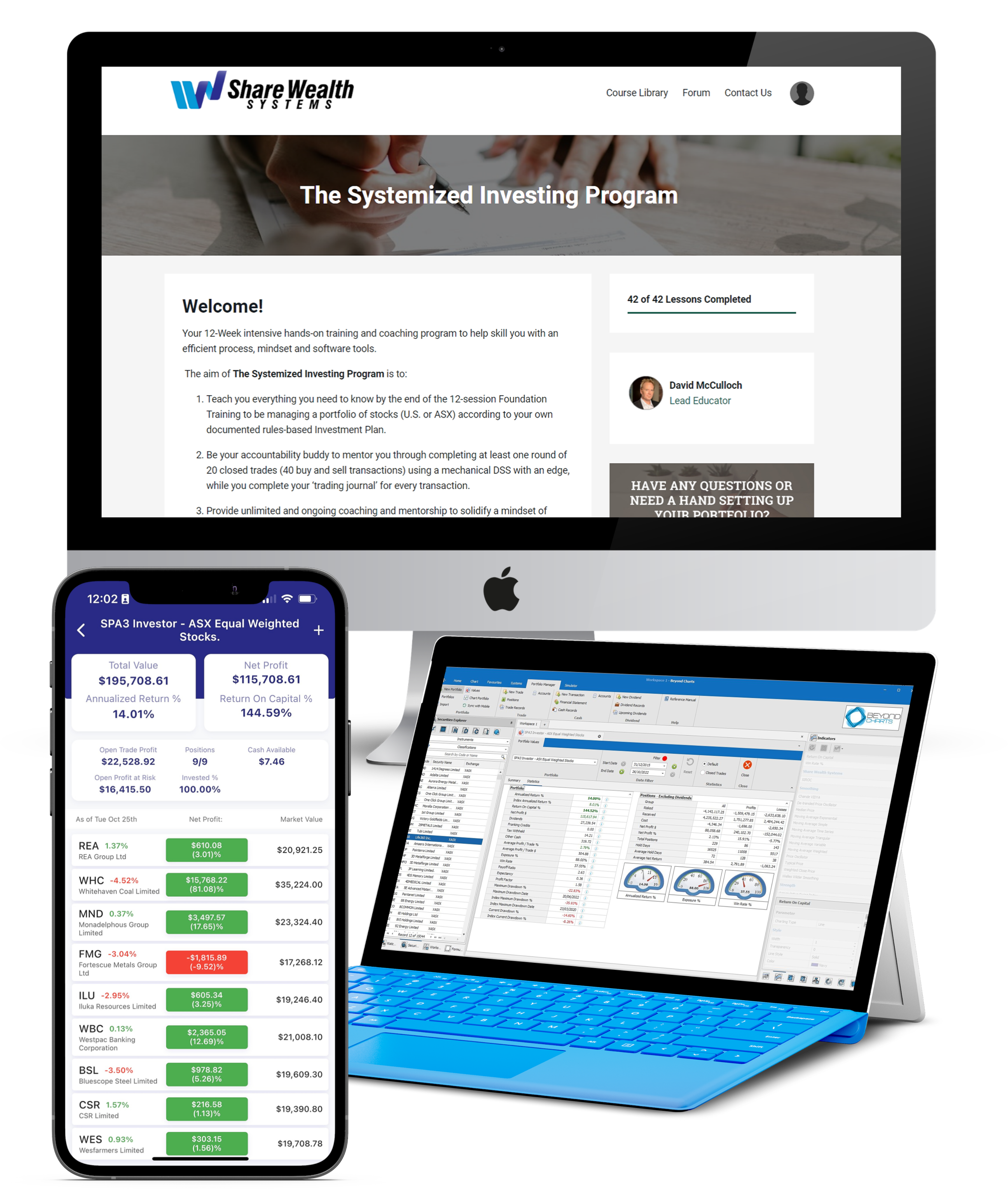How often do you review and assess your investment strategy? For many investors, the urge to act typically arises when there is heightened “noise” around the investment markets, with plenty of people offering predictions about the direction of share prices. Other investors wait for interim company results to be announced before taking action on their portfolio.
When managing your portfolio it is important to keep focussed on your goals and remain objective and disciplined. Timing the market and periodically assessing your investments will help you remain on track to your investment strategy. So before you act on your urge to make changes to your portfolio, take some time to undertake some investment housekeeping, your future self will thank you for it!
Investment Housekeeping Made Simple
One way to begin your investment housekeeping is to review your strategy, and add in some goals for the next 12 months.
Here are some smart measures you can take with the factors that are under your control:
Review your savings and investments.
Looking at these fundamentals involves creating or revising your savings and budget plans to help you achieve your long-term goals.
Remaining strategic and disciplined will sometimes involve selling a portion of your portfolio that has been performing well or that has fallen to a level that realises the maximum risk that you were prepared to take for that particular investment.
Assess your current retirement savings.
Are your savings on track for your expected standard of living in retirement? If not, you could increase your super contributions or change the strategy or fund manager for a better outcome.
Minimise investment costs to protect your overall returns.
This may involve focussing on low-cost traditional index funds and index Exchange Traded Funds (ETFs).
For example, most industry Super funds in Australia charge annual fees between 0.65% and 1% per annum whereas index ETFs annual management fees in Australia are between 0.15% and 0.4%, the main index ETFs being between 0.15% and 0.29%. Over the long term this could be many hundreds of thousands of dollars in retirement savings.
Get smart with your taxes.
Review your investment vehicle or consider the amount of trades you are making, and try not to trigger unnecessary capital gains tax by trading too frequently.
Review the level of risk in your portfolio. Assess your asset allocation and ensure that it is within your tolerance to risk but ensure that your funds are not too diversified for your investing horizon.
For example, most balanced and diversified funds apply a 3 to 5 year investing strategy to solve a 20 to 50 year investing problem. Is this your investing scenario?
Combine your superannuation accounts.
Obviously, multiple accounts can add to your costs and can overcomplicate investments. If you have no assets or debts consider whether your Super fund should be deducting life insurance fees that greatly erodes your retirement savings.
Periodical investment housekeeping combined with a market timing approach can give you the best peace of mind for your investments, especially during volatile markets. This holistic approach means that you are taking care of areas of your finances within your control and consistently monitoring the external market conditions so you know when to act.
There is no need to get tangled up in current market sentiment, and media hype during a volatile market when you use a provable system, such as SPA3 that provides clear signals on when to get out of the market. Contact Share Wealth Systems on 1300 STOCKS to learn more about mechanical investing to improve your long-term goals.


